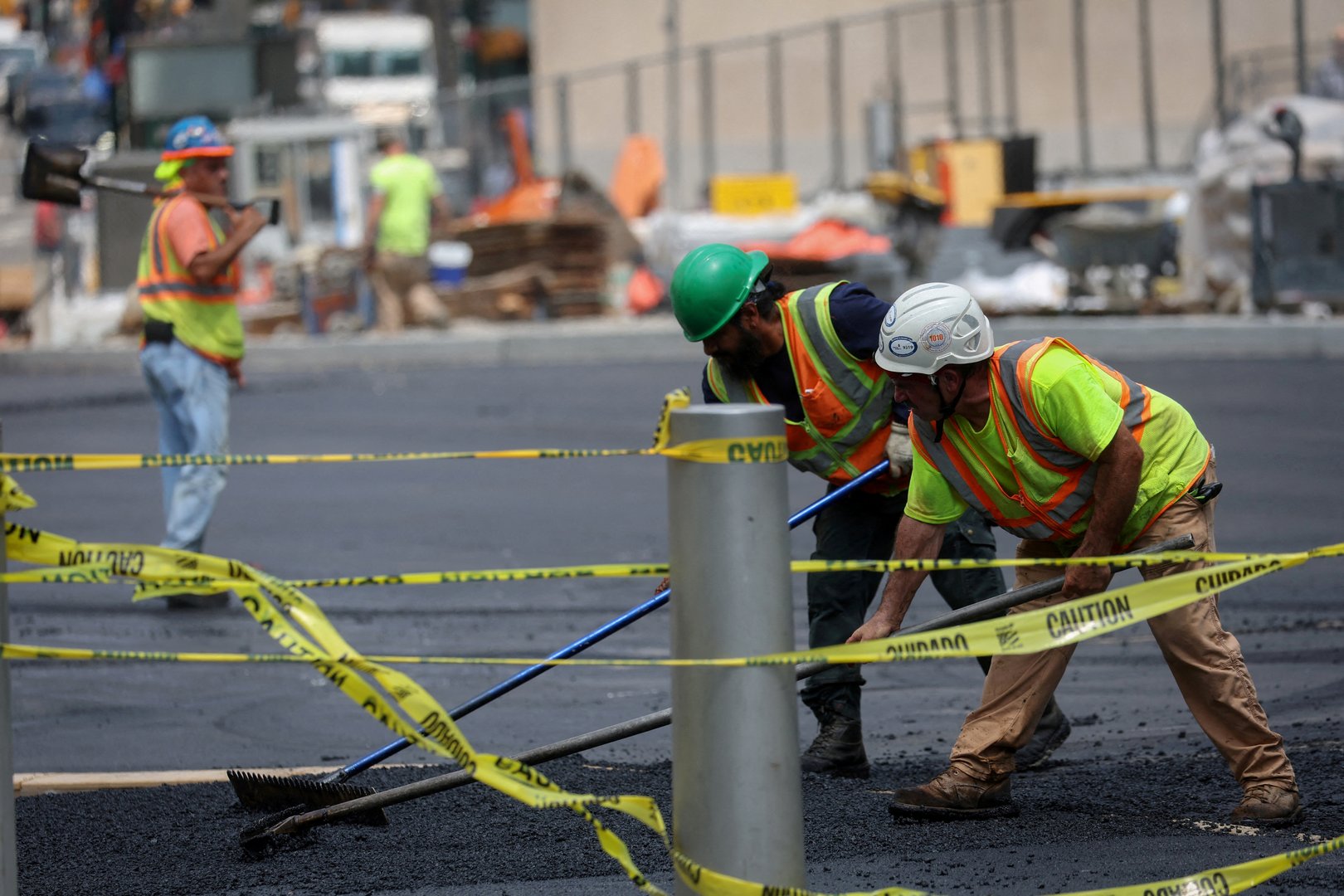Politicians love to talk about sustainable development, protection of the environment, the green transition, a sustainable tourism model and other such fashionable ideas that sound good. As with most things, however, there is a very big distance separating the words from actions, with no sign that the development model of the last 40 years – covering the island in concrete – has in any way been changed.
The authorities’ commitment to building four-lane highways, even where they are not needed, is unwavering. The Astromeritis to Evrychou highway, running through the countryside and unjustified for the small number of people it will serve, is already under construction, and there are plans for a similar highway linking Limassol to Saittas, not to mention the one between Paphos and Polis, which is also economically unjustifiable.
These highways will offer easier access to the countryside and allow more developments in the last remaining unspoiled parts of Cyprus. Having built up the coastal areas, developers now see an opportunity to build holiday homes in hills and mountains, which are popular with foreign buyers. As Sunday Mail contributor, Antonis Loizou wrote in his column last week, “there has been an increased interest in the mountain areas, especially those in Troodos, and the market is thriving.”
He also cited the iconic Berengaria Hotel in Prodromos which has been bought by an international property development firm that plans to build 26 holiday homes in the surrounding area. The permit for holiday homes would presumably pay for the renovation of the hotel, which is in ruins, but it will, almost certainly, pave the way for more developments in the forests of Prodromos and Platres. This is not to say there should be no development in the mountains, but it must be strictly controlled so that the free-for-all witnessed in coastal areas is not repeated in areas of natural beauty.
Apart from holiday homes, we are still building hotels. Last week, the mayor of Polis, Yiotis Papachristofi, met the deputy tourism minister Costas Koumis, to argue that the Akamas local plan needed to be revised to allow the construction of at least three hotels in the area. In what could have been a tongue in cheek comment, the mayor said the hotels would be sustainable tourist units. The whole of Cyprus was developing along the coast except for the Polis area, he complained.
Sustainability is frequently mentioned in relation to tourism, even though the words have no link to reality. How sustainable is a tourism policy which has as its sole objective the arrival of record numbers of visitors every year. Recently, Koumis has been boasting about the numbers of tourist arrivals which are higher than for the corresponding period of 2019, a record year for tourism. Big numbers might be good for the economy, but they are not exactly in line with the objective of sustainability, or the totally unrealistic objective to become a quality tourism destination.
The ever-growing number of hotels means that most are having great difficulty finding staff, many being obliged to hire workers from abroad. Unsocial working hours and low wages do not attract Cypriots, with hotels increasingly relying on low-paid foreign workers, often in need of training, who leave once the tourism season is over. This affects the standard of service provided. It was ironic that Papachristofi, to support his argument for another three hotels, said these would increase employment and allow the return of young people who left the area in recent years in search of work. It is very doubtful they left in search of work at hotels.
Tourism has been a big boost to the Cyprus economy for many years as has land development, but there must be limits to both, because we fear they are far exceeding the so-called sustainability levels. Is the construction of marinas sustainable, or another excuse to build and sell luxury holiday homes as part of the project? We built golf courses, despite the acute water shortages, with the aim of attracting ‘golf tourism,’ but most were taken over by the banks because they were unviable. The same fate could be awaiting some of the marinas, which are unlikely to secure the forecasted revenue streams.
Sustainability is a hollow word when used by our politicians and officials. Either they do not know the meaning of it or, if they do, they use it because it has become fashionable and they want to be in step with the times. It is imperative for the government to study our current development model from all angles. Has it reached its limits? Are we putting existing resources, the environment, and our quality of life under threat? Is this the way to deal with the climate crisis that the government claims to be concerned about?
The concrete, asphalt, and mass tourism development model has served the economy well for many years, but we have to accept that it has reached its limits and we desperately need to come up with new ideas for economic growth, to avoid turning all of the island into a concrete jungle.







Click here to change your cookie preferences